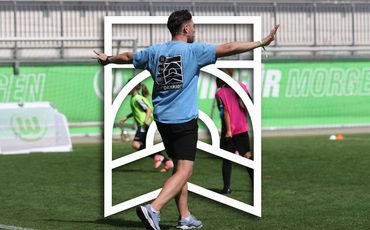About ICOACHKIDS+
Project Objectives
ICOACHKIDS+ aimed to address the current lack of coach education resources to support coaches working with young people. It used sound and evidence-based principles of adolescent participant development to achieve the following objectives:
- Enhance participation in sport and decrease dropout for children aged 12-18 (especially in girls)
- Maximise the health enhancing properties of sport participation
- Take full advantage of the potential of sport as tool for positive youth development
Project Activities
In order to achieve these objectives, ICOACHKIDS+ engaged in the following project activities:
- Research and report sports participation rates of adolescents across Europe to better understand the overall picture for both male and female participants.
- Research and report motivations and barriers for sport engagement in European adolescents to better understand why adolescents may or may not engage in sport and why they dropout or stay in sport and understand any differences demographically across Europe.
- Systematically review current talent identification and development literature to enhance our understanding of what effective TEDs look like from a holistic and differentiated (male and female) development perspective.
- Research and report exemplary youth sport environments across participation and performance contexts for both male and female youth participants across Europe to identify best practices and support coaches and clubs promote personal and social development through sport.
- Building of 2 Massive Online Open Courses (MOOCs) and accompanying study guides and infographics for coaches of adolescents to facilitate the mass training of coaches working with adolescents both recreationally and in TDEs
- Creation of iCoachKids+ Online Platform to host the MOOCs and serve as a hub and repository of information for the European community of adolescents coaches.

DISCLAIMER
Funded by the European Union. Views and opinions expressed are however those of the author(s) only and do not necessarily reflect those of the European Union or the European Education and Culture Executive Agency (EACEA). Neither the European Union nor EACEA can be held responsible for them.
Comments
In order to comment on this page, you must sign in or register.
Related Pages


